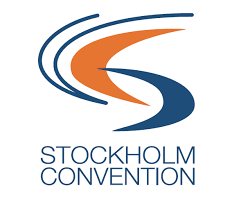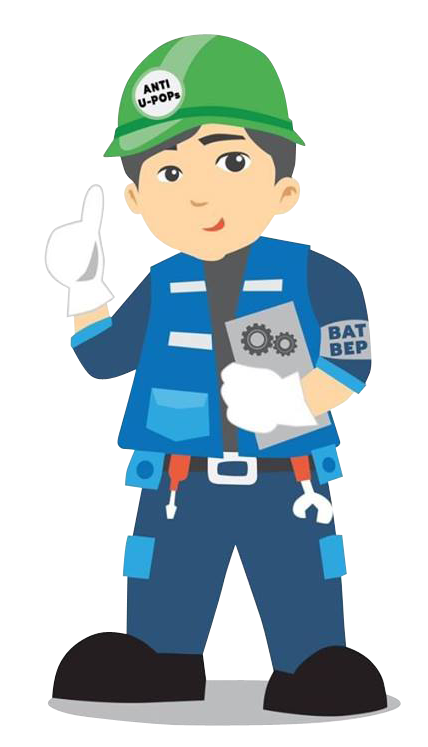

Stockholm Convention on Persistent Organic Pollutants signed in Stockholm, Sweden on May 22nd, 2001. The convention entered into force with ratification by 184 countries (as February., 2020). Thailand signed in May 2002 and ratified it in January 2005.
The Objective
The objective of the agreement is to protect human health and the environment from persistent organic pollutants or POPs by restriction and elimination of production and usage and release of POPs which difficulty decompose, far-spread and accumulate in adipose tissues of human and animal also have long-term toxic impact on health and environment.
The initial of the Convention agreed to outlaw 12 chemicals and periodically added to the list which are classified into 3 groups
- Elimination Aldrin Chlordane Chlordecone Decabromodiphenyl ether (commercial mixture, c-decaBDE) Dicofol Dieldrin Endrin Heptachlor Hexabromobiphenyl Hexabromocyclododecane (HBCDD) Hexabromodiphenyl ether and heptabromodiphenyl ether Hexachlorobenzene (HCB) Hexachlorobutadiene (HCBD) Alpha hexachlorocyclohexane Beta hexachlorocyclohexane Lindane Mirex Pentachlorobenzene Pentachlorophenol and its salts and esters Polychlorinated biphenyls (PCB) Polychlorinated naphthalenes Perfluorooctanoic acid (PFOA), its salts and PFOA-related compounds Short-chain chlorinated paraffins (SCCPs) Technical endosulfan and its related isomers Tetrabromodiphenyl ether and pentabromodiphenyl ether Toxaphene
- Restriction DDT Perfluorooctane sulfonic acid, its salts and perfluorooctane sulfonyl fluoride
- Unintentionally produced Hexachlorobenzene (HCB) Hexachlorobutadiene (HCBD) Pentachlorobenzene Polychlorinated biphenyls (PCB) Polychlorinated dibenzo-p-dioxins (PCDD) Polychlorinated dibenzofurans (PCDF) Polychlorinated naphthalenes = Pesticide = Industrial chemical = Unintentional Production
Stockholm Provision
- Prohibit and/or take the legal and administrative measures necessary to eliminate production and use of POPs.
- Import and export of POPs that allow under specific restrictive conditions.
- Promote using substitute substances, Best Available Techniques and Best Environmental Practices in order to reduce releasing of POPs that consider under parties performance and capability.
- Maintain stockpiles of POPs for preventing effect to human health and environment including manage waste from POPs and contaminated area as appropriate.
- Develop an action plan or, where appropriate, a regional or sub-regional action plan within two years of the date of entry into force of this Convention for it, and subsequently implement it as part of its implementation plan.
- Awareness among its policy and decision makers with regard to persistent organic pollutants.
- Promote the awareness of POPs, especially for women, children and the least educated, of educational and public awareness programs on persistent organic pollutants, as well as on their health and environmental effects and on their alternatives.
- The Parties shall, within their capabilities, at the national and international levels, encourage and/or undertake appropriate research, development, monitoring and cooperation pertaining to persistent organic pollutants and, where relevant, to their alternatives and to candidate persistent organic pollutants.
- Party shall designate a national focal point for the exchange of such information.
More Information on Stockholm Convention
Reference
- http://www.pops.int
- http://pops.pcd.go.th

